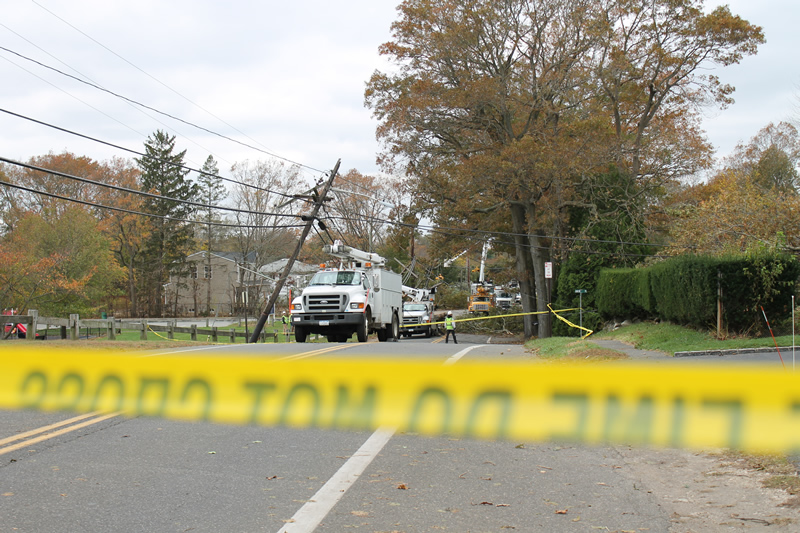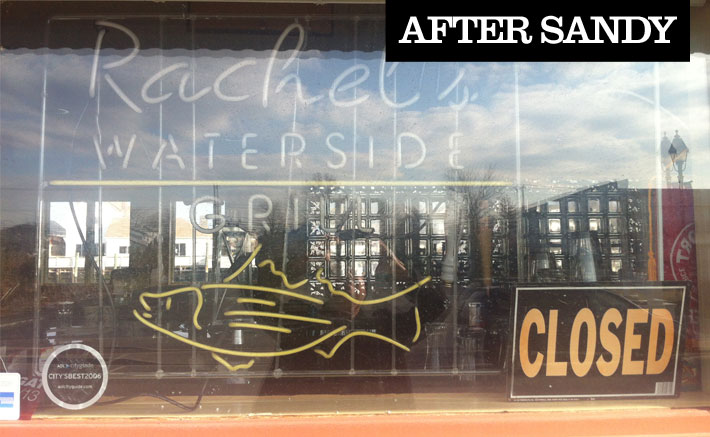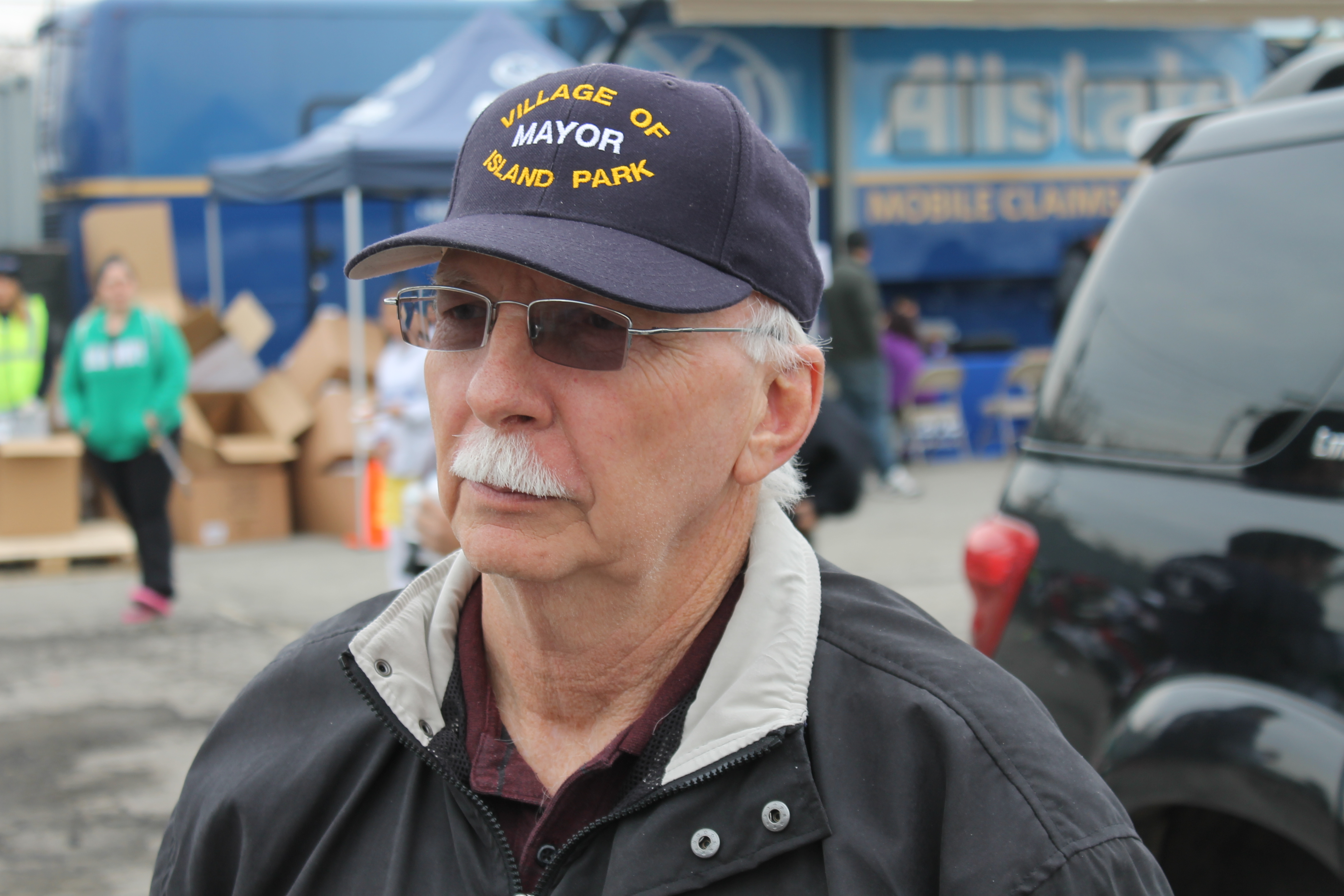

Gordon Heights Fire Department firefighters battle a blaze in 2009. Brookhaven township officials are reviewing a study that details how to best mitigate the fact that Gordon Heights residents pay the highest fire district taxes on Long Island (courtesy of Gordon Heights Fire Department)
A group of Suffolk County citizens struggling to lower their property tax bills got a big boost this week when a recently completed study commissioned by Brookhaven Town backed up their claim that dissolving the Gordon Heights Fire District—which has the most expensive fire district tax bill on Long Island—would be a cost-effective solution.
The news comes as momentum continues to grow for similar efforts across the Island to dissolve and consolidate special taxing districts, an issue that caught fire after the enactment of a new law empowering New Yorkers who want to do away with some layers of government that have contributed to unsustainable property taxes.
Such special taxing districts include little-known fire, water and sanitation service agencies, for example, and are layered within the network of county, town and village municipalities. There are an estimated 4,200 of them statewide.
“I am excited that the report is ‘the light at the end of tunnel!’” said Rosalie Hanson, one of the activists trying to dissolve the Gordon Heights Fire District.
After repeated delays, the report was released last week and presented to the town board Thursday. There will be a public hearing on the recommendations March 15 at Brookhaven Town Hall.
“Now that we have the facts, the Town Board is clearly going to have to make some tough decisions,” said Brookhaven Town Supervisor Mark Lesko.
Gordon Heights is less than 2 square miles but it has four zip codes and one fire district, which charges an average of $1,500 a year per each of the about 900 households—roughly four times the rate of their neighbors for the same service. Opponents of consolidation argue that the high tax bill is due to the fact that there is no commercial tax base in the community.
Hanson, who had moved into the district with her husband Alex in 1986, didn’t become active until 2006, when she and her fellow citizens organized a petition drive under Brookhaven Town law to dissolve the special district.
As Hanson found the hard way, getting rid of special districts is a very complicated, time-consuming process. Her group’s first petition drive in 2006 was denied on a technicality. They kept trying, eventually enlisting Huntington-based attorney Paul Sabatino.
“We got started in January 2008, and it took until December 31st,” Sabatino says. “We literally filed the petition on New Year’s Eve.” Then it took Brookhaven Town another 10 months to certify the petition.
One problem is that Hanson’s group had to operate “under this arcane, very difficult to implement state statute,” Sabatino explained.
FIGHTING FIRE WITH FIRE
Their perseverance ultimately attracted the attention of then-Attorney General Andrew Cuomo, who crafted the New York Government Reorganization and Citizen Empowerment Act, which finally took effect last March.
“They became the poster child that helped Cuomo get that reform bill passed in 2009,” Sabatino says of Hanson’s fellow citizens, “which was a remarkable achievement.”
Last summer, Brookhaven Town hired Emergency Service Consultants International (ESCI), an Oregon-based consulting firm, to conduct a $91,000 feasibility study on consolidating the fire district. It was supposed to be completed by October but the project manager, Phil Kouwe, told the Press that his firm was kept waiting for data from the county and the state.
Upon completing the report, the consultants presented four options: maintain the status quo, and rely on the Gordon Heights fire district board to cut its budget; merge the district with a neighboring district, which would require approval of the districts involved plus a blended tax rate that would “be higher for other fire districts” and lower for Gordon Heights; have the fire district enter into “a performance agreement” with the town, which would cut the district’s budget; or dissolve the district and replace it with a fire protection district managed by the town “via a contract for the services with either adjacent fire districts or some other entity.”
That last option could reduce the tax rate “by as much as 47.2 percent,” the report stated. It is the one Hanson’s group has long been advocating, and it’s named the “Davis Plan” after the late Herb Davis, a Yaphank fire commissioner, among other duties, whose testimony to the consultants during their study carried a “great deal of weight,” Hanson said.
“I feel a sense of relief that the report clearly vindicates all what the petitioners have said during the past five years,” Hanson said. “We appreciate that the consultants at ESCI included all those concerned in the report, not only the surrounding fire districts, but all the local civics and the taxpayers in the [district], as well. It was important to us that everyone be given the consideration to have their viewpoints heard on this issue.”
Sabatino said it appears this is an idea whose time may have finally come.
“This is an economically distressed, predominantly minority community that’s being treated unfairly,” he said. “I believe the momentum is on the side of mitigating this injustice.”
TAKING THE FIGHT TO NASSAU
Laura Mallay, an activist in Hempstead who befriended Hanson a few years ago at a Hofstra University seminar on the special districts issue, was ecstatic over the Gordon Heights news.

Residents and civic groups from throughout Nassau staged a protest Thursday, April 1 in front of Republican county Comptroller George Maragos' office in Mineola to demand he continue auditing special districts.
“It’s a great day,” said Mallay, executive director of Residents for Efficient Special Districts, a group based in the Town of Hempstead that hopes to use the new state law to dissolve Sanitation Districts 1, 2, and 6. “This is just a huge step for taxpayers across Long Island in special districts everywhere.”
“Rosalie and her crew out there kept forging ahead while the special interests worked against them,” she said. “At the end of the day you’ve got somebody from the outside telling them that it’s not cost effective for this district to exist, which is reflective of the special district issue overall.”
Mallay said that her petition drive aimed at three sanitation districts in Hempstead will start in March. If Mallay gets the signatures she needs, dissolving the sanitation districts would be decided by voters in a referendum.
Letting the town take over those special districts could save the taxpayers millions of dollars, according to a study by the previous Nassau County comptroller, Howard Weitzman, because the special districts charge much more than the town for the same services.
BLAZE OF CONSOLIDATION SPREADS TO FIRE ISLAND
Thanks to the provisions of the new Cuomo law, districts that aren’t even contiguous can consolidate—and that’s the process underway on Fire Island with the Fair Harbor Fire District and the Lonelyville Fire District, believed to be the first action of its kind in New York. So far, only a handful of upstate New York villages have voted to consolidate.
Even more striking is the fact that the Lonelyville fire district took it upon itself to move for consolidation with the Fair Harbor district. It did not require the prodding of community activists, like on mainland Long Island.
“It’s not particularly cumbersome but it’s a process and it has to be done legally under state law,” says Brett Roberts, chairman of the Fair Harbor district. “When it’s finished, it will be one fire district covering Fair Harbor and Lonelyville.”
Between those communities on the South Shore barrier beach lies a third community, Dunewood, which also has it’s own fire district that, like Lonelyville, has a contract with the Fair Harbor Fire Department to protect their homes.
Dunewood will keep their own fire district, Roberts said, “unless they come to us and decide they want to consolidate.” That decision is up to Dunewood, although the seasonal beachfront hamlet reportedly is in no rush to dissolve its fire district.
Roberts hopes to complete the merger of Fair Harbor and Lonelyville before the summer. It will reportedly save Lonelyville taxpayers money, an estimated $30 per household, without costing Fair Harbor residents a penny more.
“We made sure the two community associations in Lonelyville were in favor of it,” Roberts said, “and we made sure the Fair Harbor Community Association was in favor of it. No one had any objections, and we thought it would be a good thing to do.”







